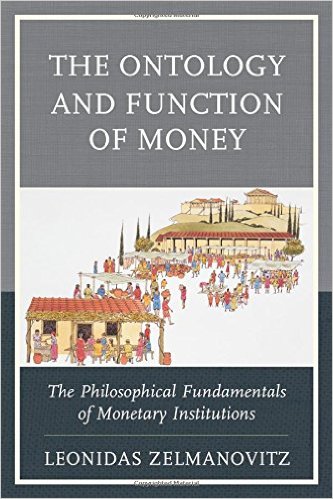Money and Books: monopoly and censorship analogy
An analogy of books to money. As an exercise of imagination, let us suppose that the following were a true description of our publishing industry: * Only the government may print books.* The government decides how many books may be in circulation at any given time.* The government determines the initial price at which books […]
Money and Books: monopoly and censorship analogy Read More »

